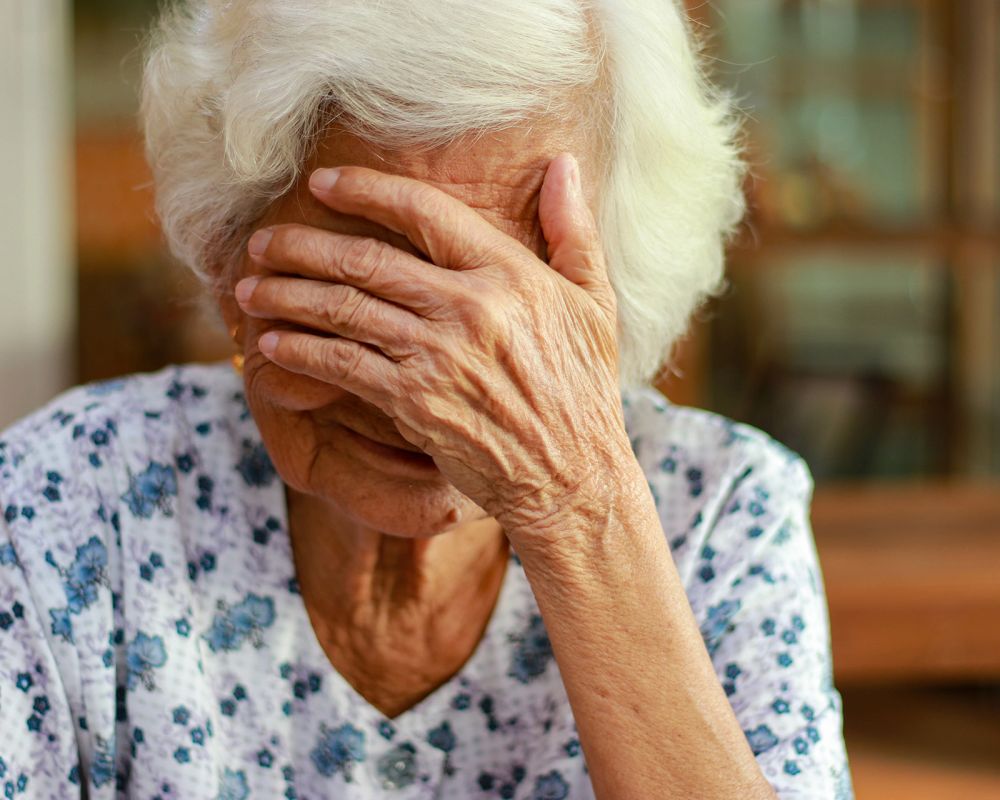
What is elder abuse?
Elder abuse is an intentional act, or failure to act, by a caregiver or another person in a relationship involving an expectation of trust that causes or creates a risk of harm to an older adult. (An older adult is defined as someone age 60 or older.)
What are the warning signs?
While physical and sexual abuse of an elder can be hard to detect, there are a few warning signs that should not be ignored. These signs are often apparent based on an elderly person’s changing appearance, moods or overall physical condition.
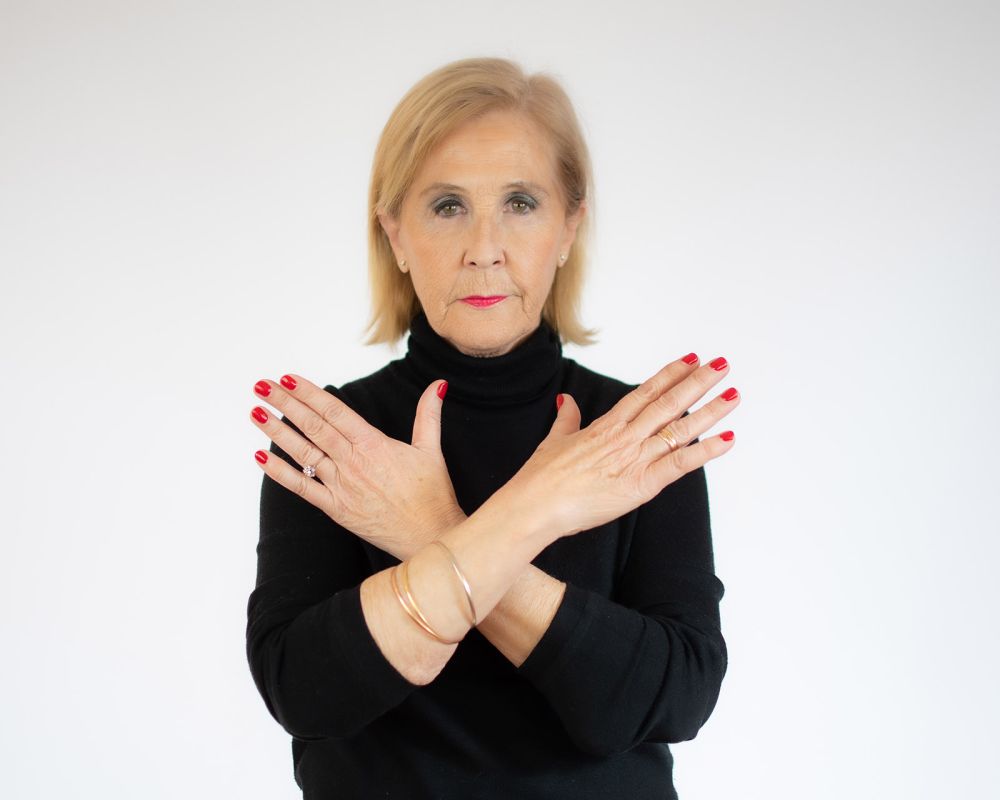
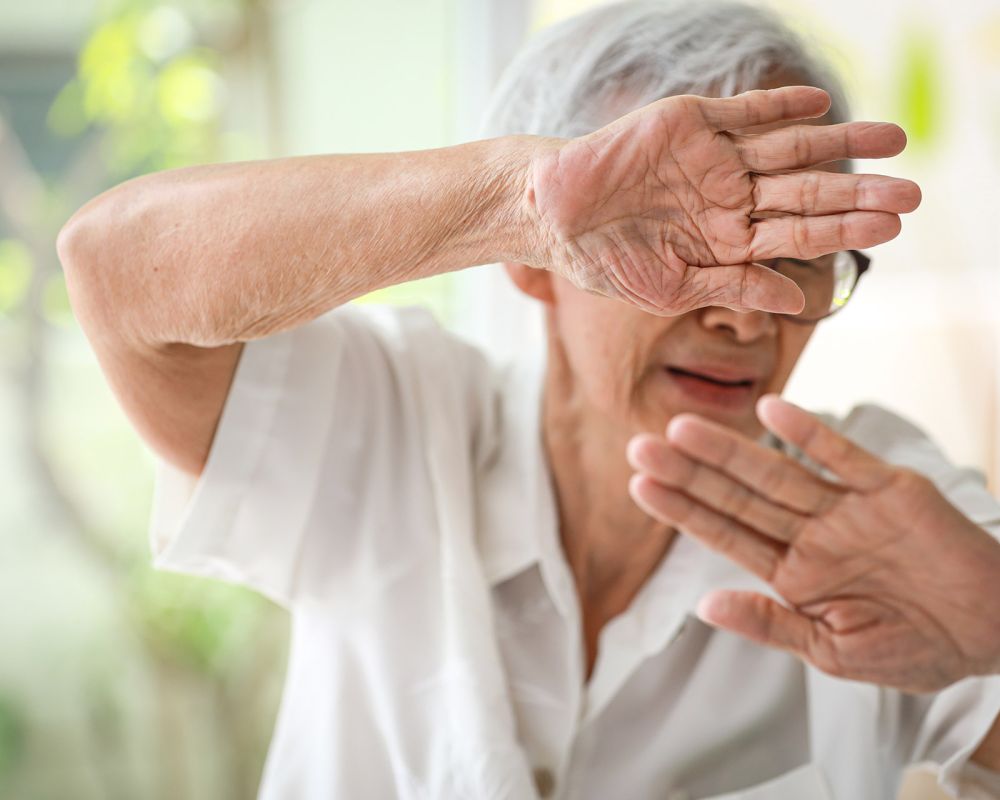
What is Physical Abuse?
Physical Abuse: the intentional use of physical force that results in acute or chronic illness, bodily injury, physical pain, functional impairment, distress, or death. Physical abuse may include, but is not limited to, violent acts such as striking (with or without an object or weapon), hitting, beating, scratching, biting, choking, suffocation, pushing, shoving, shaking, slapping, kicking, stomping, pinching, and burning.
What is Emotional Abuse?
Emotional or Psychological Abuse: verbal or nonverbal behavior that results in the infliction of anguish, mental pain, fear, or distress.
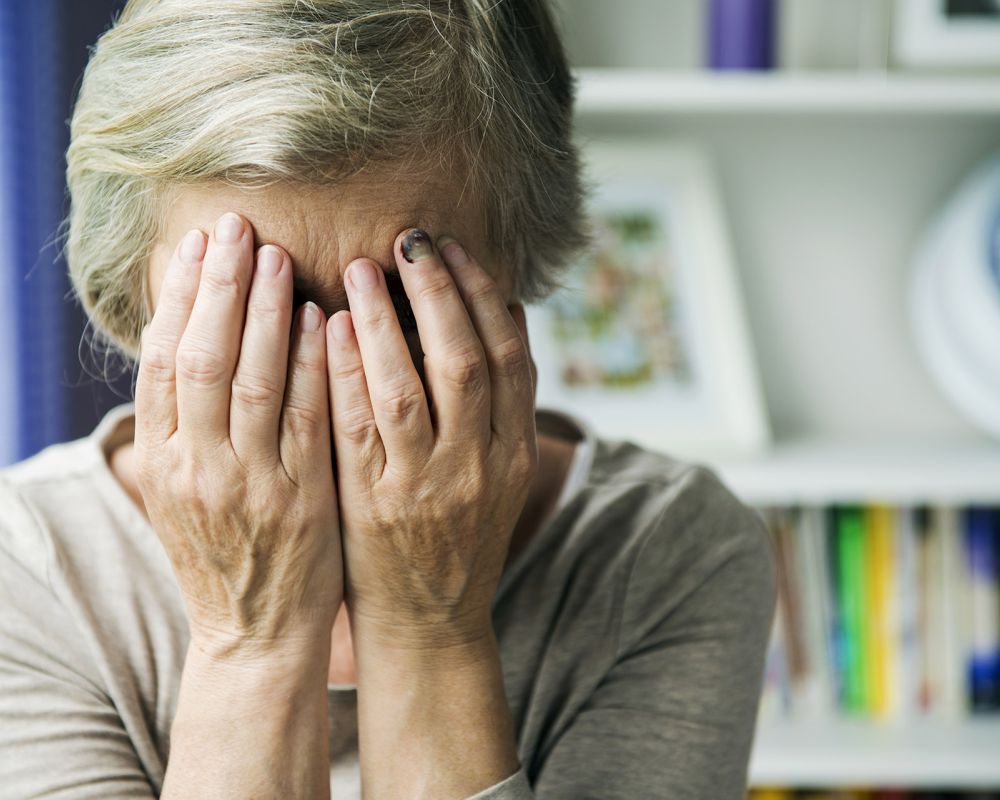
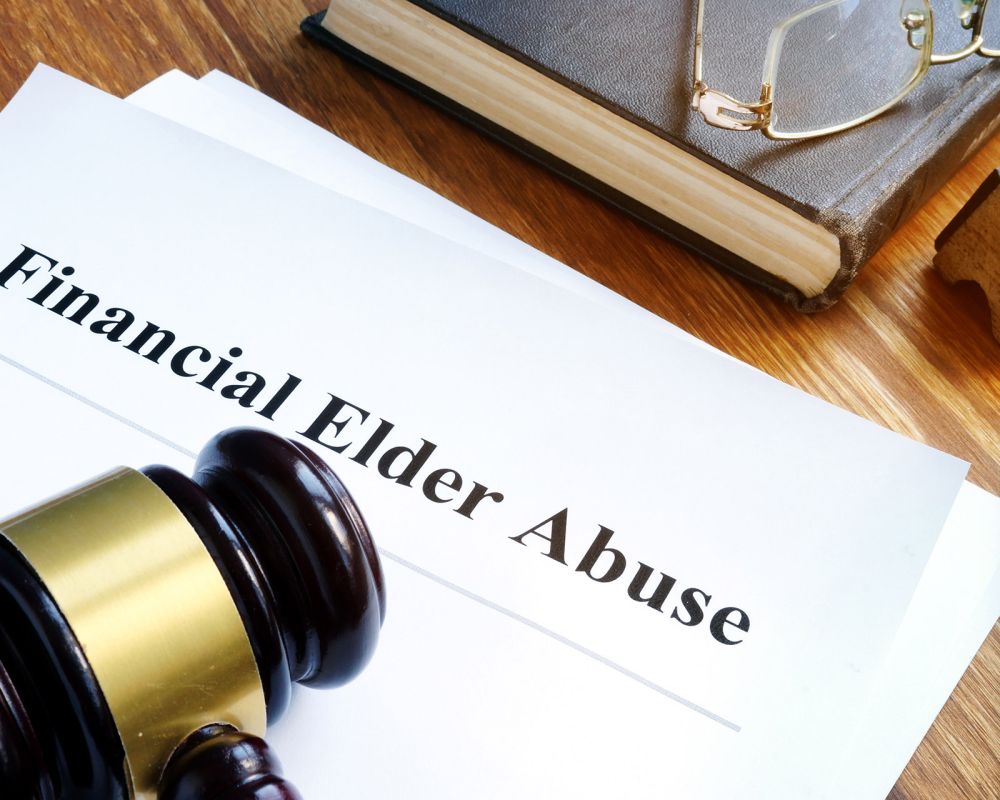
What is Financial Abuse?
Financial Abuse or Exploitation: the illegal, unauthorized, or improper use of an older individual’s resources by a caregiver or other person in a trusting relationship, for the benefit of someone other than the older individual. This includes, but is not limited to, depriving an older person of rightful access to, information about, or use of, personal benefits, resources, belongings, or assets.
What is Neglect/Self Neglect?
Neglect: failure by a caregiver or other responsible person to protect an elder from harm, or the failure to meet needs for essential medical care, nutrition, hydration, hygiene, clothing, basic activities of daily living or shelter, which results in a serious risk of compromised health and safety.
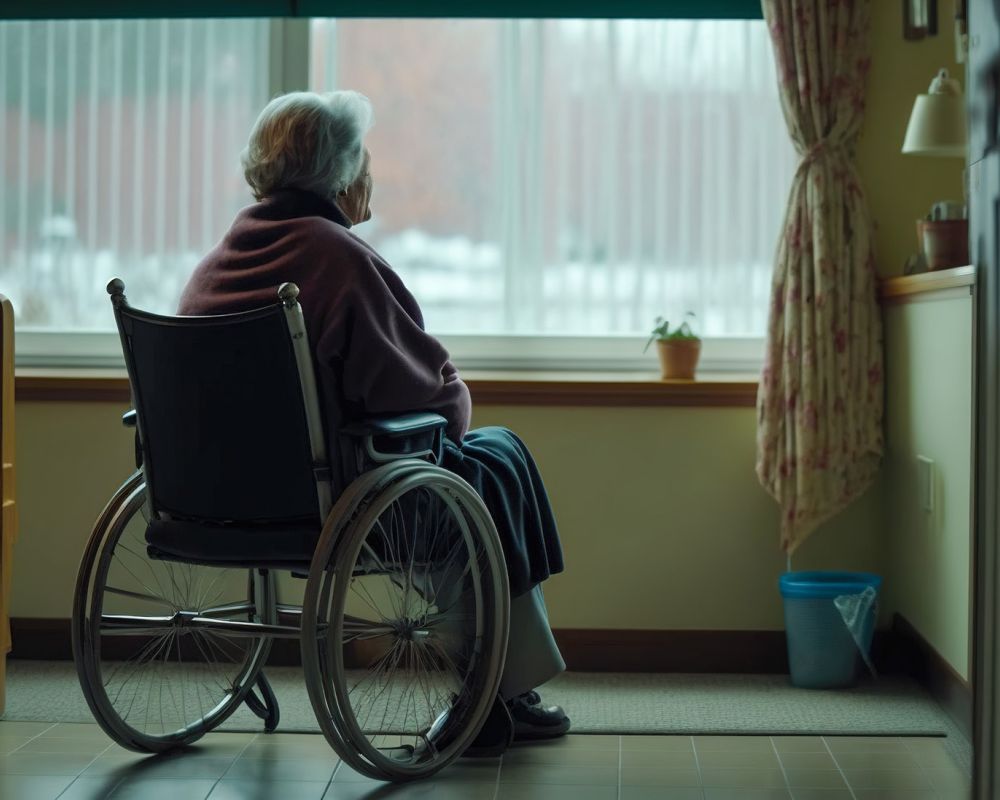
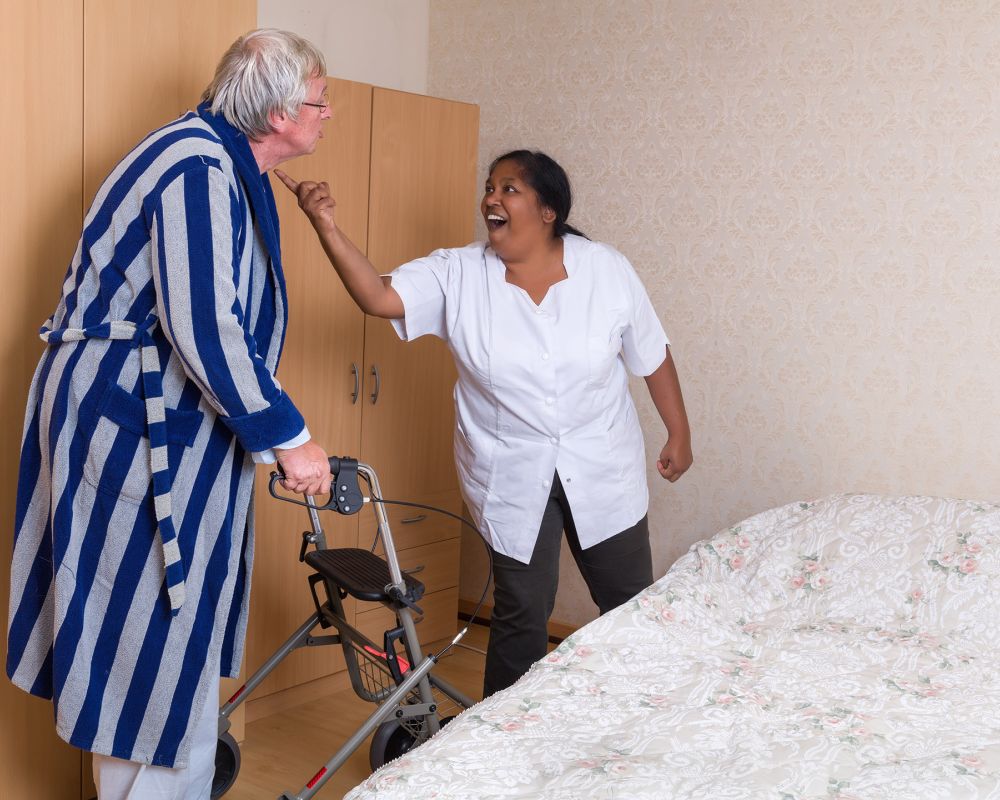
What is Elder Sexual Abuse?
Sexual Abuse or Abusive Sexual Contact: forced or unwanted sexual interaction (touching and non-touching acts) of any kind with an older adult. This may include but is not limited to forced or unwanted completed or attempted contact between the penis and the vulva or the penis and the anus involving penetration, however slight.
Risk Factors for Elder Abuse
Elder abuse can happen to anyone and occur at any place, including the person’s home, an assisted living facility, a nursing facility or in a hospital. It can affect elderly persons of all socioeconomic groups, races, and cultures. Surprisingly, most of the mistreatment of the elderly comes from family members in the patient’s own home.


What are the effects?
Elder Abuse has multitude of negative impacts on both the micro and macro levels including physical, psychological, financial, social, hospitalizations & disability, medical, and others.
